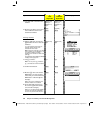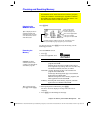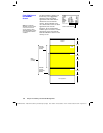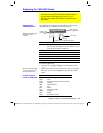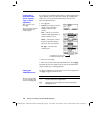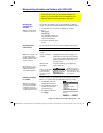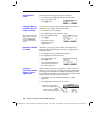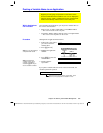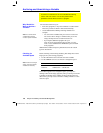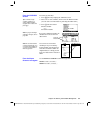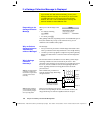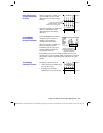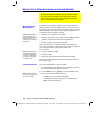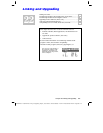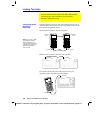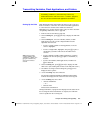
360 Chapter 21: Memory and Variable Management
21MEMORY.DOC TI-89/TI-92 Plus:Memory & Variables Mgmt (English) Susan Gullord Revised: 02/23/01 1:20 PM Printed: 02/23/01 2:19 PM Page 360 of 16
The user data archive lets you:
¦ Store data, programs, or any other variables to a safe location
where they cannot be edited or deleted inadvertently.
¦ Create additional free RAM by archiving variables. For
example:
− You can archive variables that you need to access but do
not need to edit or change, or variables that you are not
using currently but need to retain for future use.
− If you acquire additional programs for your
TI
-
89 / TI
-
92 Plus,
particularly if they are large, you may
need to create additional free RAM before you can install
those programs.
Additional free RAM can improve performance times for certain
types of calculations.
Before archiving or unarchiving variables, particularly those with a
large byte size (such as large programs):
1. Use the
VAR-LINK
screen to find the size of the variable.
2. Use the
MEMORY
screen to see if there is enough free space.
For an: Sizes must be such that:
A
rchive
Archive free
size > variable size
Unarchive
RAM free
size > variable size
Even if there appears to be enough free space, you may see a
Garbage Collection message (page 362) when you attempt to archive
a variable. Depending on the usability of empty blocks in the user
data archive, you may need to unarchive existing variables to create
more free space.
Archiving and Unarchiving a Variable
To archive or unarchive one or more variables interactively,
use the VAR-LINK screen. You can also perform these
operations from the Home screen or a program.
Why Would You
Want to Archive a
Variable?
Note: You cannot archive
variables with reserved
names or system variables.
Checking for
Available Space
Note: If there is not enough
space, unarchive or delete
variables as necessary.



